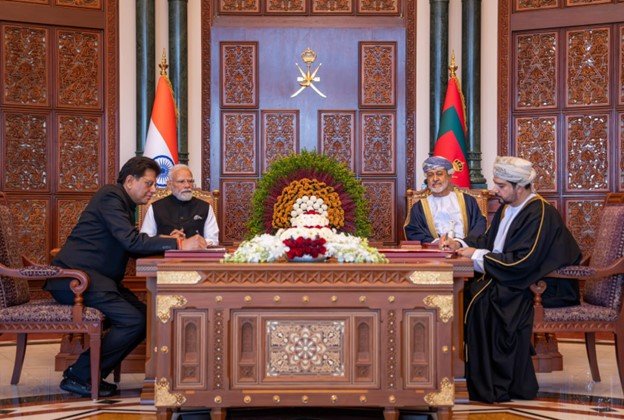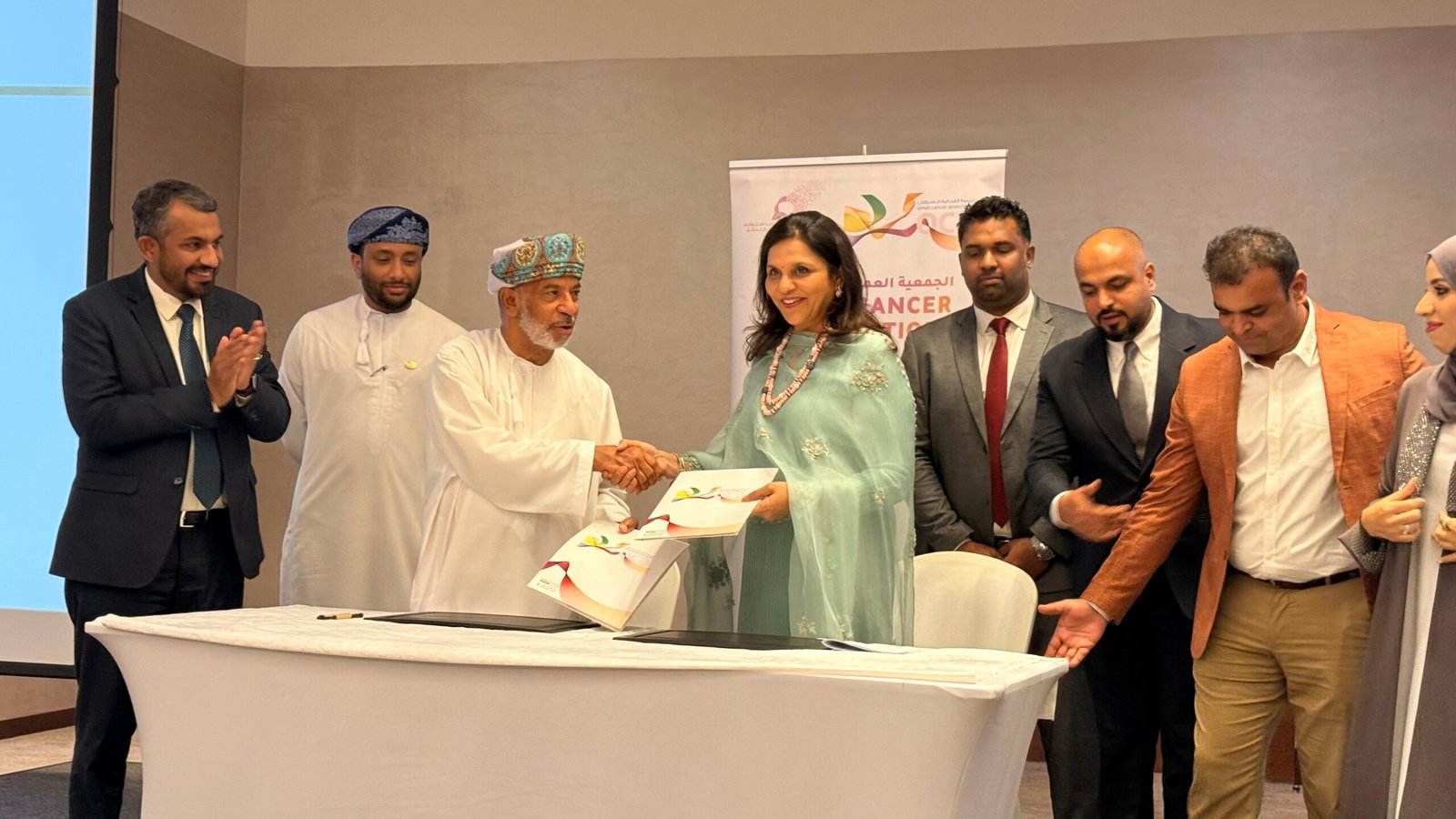A few weeks ago, the employees at both RAK Ceramics and Al Masa porcelain factory desperately contacted the Indian embassy in Khartoum, asking for help.
With Salaries withheld, passports taken away and money fast running out: for the 62 Indian nationals working for Nobles Group, one of Sudan’s largest ceramic tile manufacturers, life has been difficult since they landed in the republic, a report in the Indian Express says.
Their problems got worse after the military coup in October, following which the company’s Sudanese owner Muhammad Al-Mamoun has fled to the Middle East, and the company was taken over by the military government.
“I haven’t received salary for one year and they don’t give us proper food. In this company, 25 people are working and none of us have got salaries,” said Maruthi Ram Dandapani, an Indian employee at the Al Masa porcelain factory, in the Albagair industrial area on the outskirts of the capital Khartoum.
Some 80 km away, at the RAK Ceramics factory, owned by Nobles Group, in the Garri Industrial Area, now under military-government control, it is the same story. 41 Indian nationals working at this location have not been paid for close to a year.
“When I first came here, one month passed and we asked our general manager for the salary. She kept giving excuses that it would be given next month. Then more time passed,” said Raju Shetty, a Karnataka resident who arrived in the country nearly eight months ago.
“They said they didn’t have funds. Then four months after we persisted, they paid us one month’s salary. Then two more months passed in discussions. Just when they said they were going to pay us, the coup happened and the manager said the government had seized the property. This is the situation,” Shetty explained.
Employees from across India who had been recruited to work at these factories owned by Nobles Group in Sudan, said that their families were dependent on their salaries to pay for everyday necessities and bills. After the company stopped paying these workers, their families back home struggled financially. “This salary pays for everything. I don’t have any other source of income,” Shetty said.
Where these employees had hoped to sustain their families back home, since October, it is the families who have been sustaining them, by sending small sums of money to Sudan so that the men can pay for food and water.
“Sometimes we end up not eating all day or we eat once a day. Sometimes we get dal with rice, sometimes there is vegetable but no dal,” said Upendra Pandey who has been working at the RAK Ceramics factory.
Details available about Muhammad Al-Mamoun, the company’s owner, are scant but till the coup, he owned a diversified business in Sudan, with investments in railways, shipping, petrochemicals, agriculture, tile manufacturing, in addition to other interests.
“When I first came here, one month passed and we asked our general manager for the salary. She kept giving excuses that it would be given next month. Then more time passed,” said Raju Shetty, a Karnataka resident who arrived in the country nearly eight months ago.
A few weeks ago, the employees at both RAK Ceramics and Al Masa porcelain factory contacted the Indian embassy in Khartoum, asking for help, but more importantly, demanding that their passports be returned to them.
“They are saying it will happen but we don’t know what they are doing. Two weeks ago, we spoke to the embassy and they told us that it would take time, but they don’t know how long,” Pandey said. The Indian embassy in Sudan did not respond to indianexpress.com’s requests for comment.
There may not be much that the embassy can do, given the country’s domestic upheaval. Additionally, the lack of proper food, the acute financial strain and uncertainty has impacted their mental and physical health, some employees told indianexpress.com.
“A few days ago, someone tried to jump from the terrace. We somehow managed to stop him. We tried explaining to him, but he said that his family was facing difficulties and here he had his own set of problems,” said Virendra Pratap Varma. “All that the employees keep saying is ‘we just want to go back’. We are just trying to find ways to leave this place but we aren’t getting the opportunity.”
The Indian embassy, employees said, gave them some 1,00,000 Sudanese Pounds, to tide them over, till a more permanent solution can be found. They have been rationing meals, to make the money last longer. But the employees told indianexpress.com that they are concerned about the money running out and worse, someone falling sick, requiring medical attention. Both factories are located in relatively remote areas, where for miles the employees can only see large swathes of sand.
The lack of communication and assistance from the company and the coup has only complicated the situation for these Indian nationals. Shetty told indianexpress.com that their visas have a validity of two months after which it requires renewal, a process that had previously been undertaken by the company. When exiting the country, Sudan requires workers to pay fines for each day they overstay their visa, which may amount to nearly an entire month’s salary if the situation drags on any longer.
“The company could have converted it into a residence visa but they did not do that. They could have gotten an extension for one year that would cost Rs. 5,000, but they did not do that. Now I may have to pay Rs. 15,000 to 20,000 as fines, maybe more. Immigration asks you to pay those fines and only then they will let us go. How do we exit the country?” Shetty asked.
The complexity of their situation and the feeling of abandonment has left the group in both factories in despair and fear. “Unless we pay those fines, we won’t be allowed to leave the country. Who will give us so much money?” asked Pandey.











